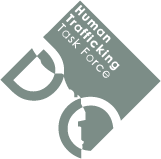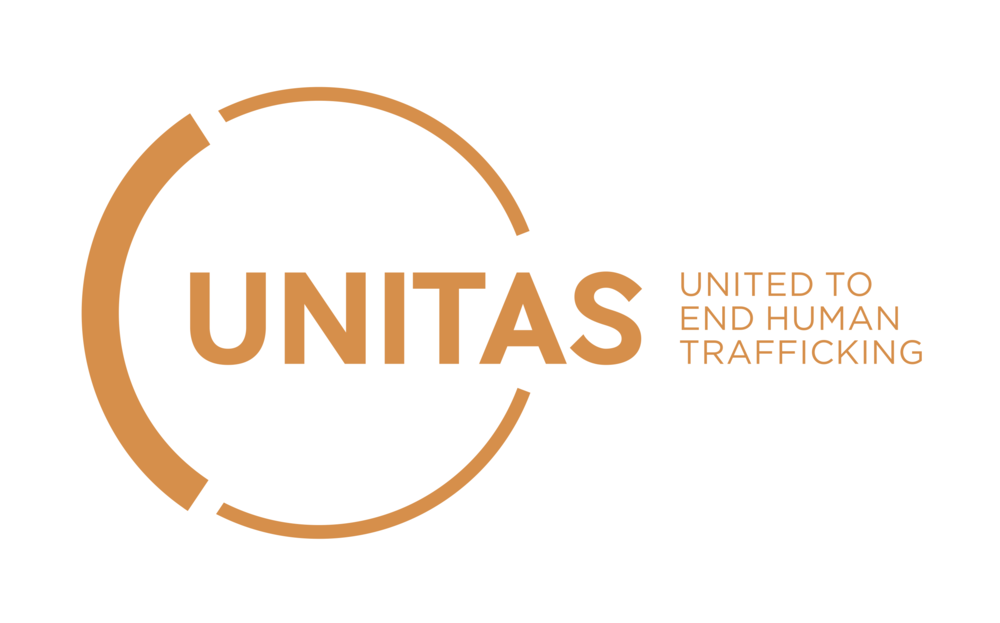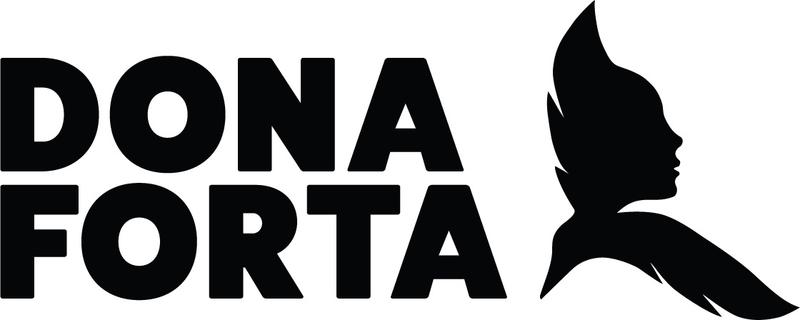About Us
WE RECEIVED OUR 501C3 IN SEPTEMBER 2019
Karana Rising began with Andrea, Liz and Fecha whose lived-experiences and past 15 years of work with survivors inspired them to want to have a space where there is community that supports survivors in their growth and healing.
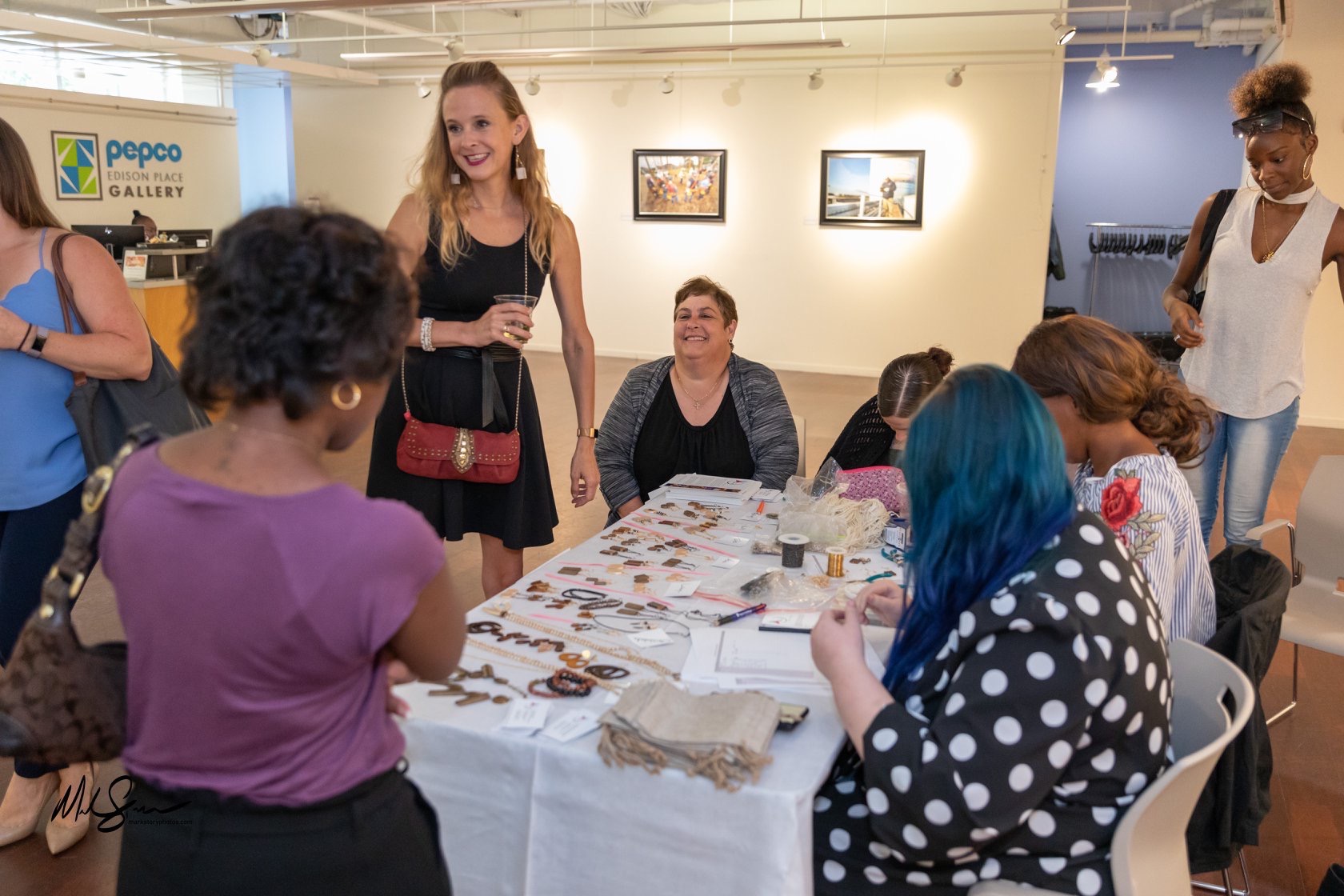
About
KARANA RISING
Karana Rising is a community of survivors harnessing the pain and exploitation of their past to wield it as collective power to create stronger and better futures for themselves and fellow survivors around the globe.
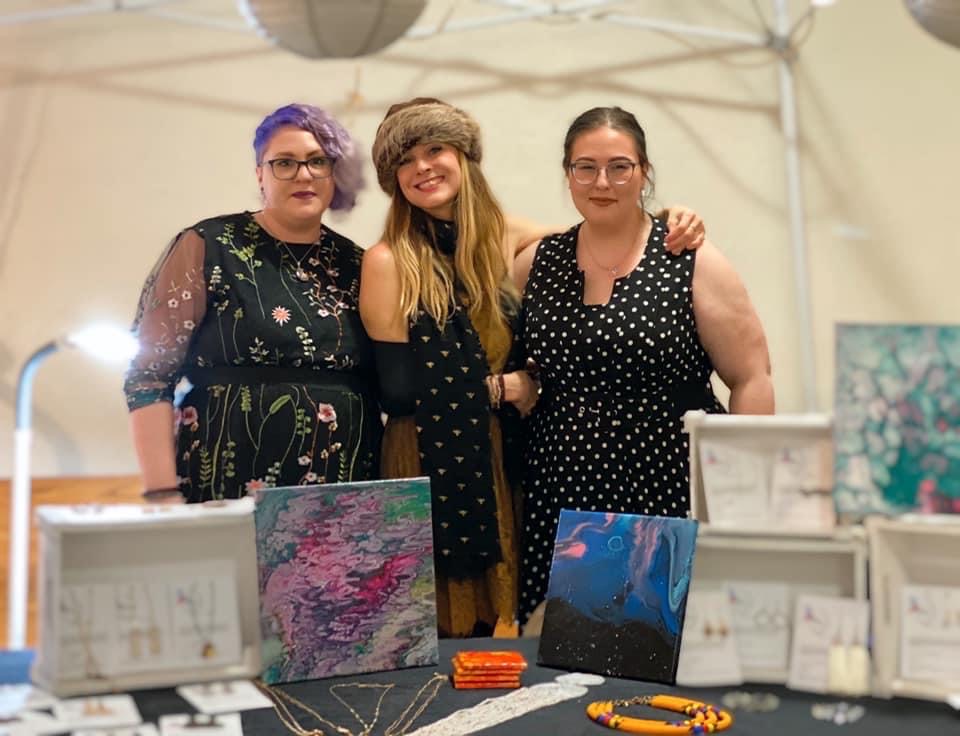
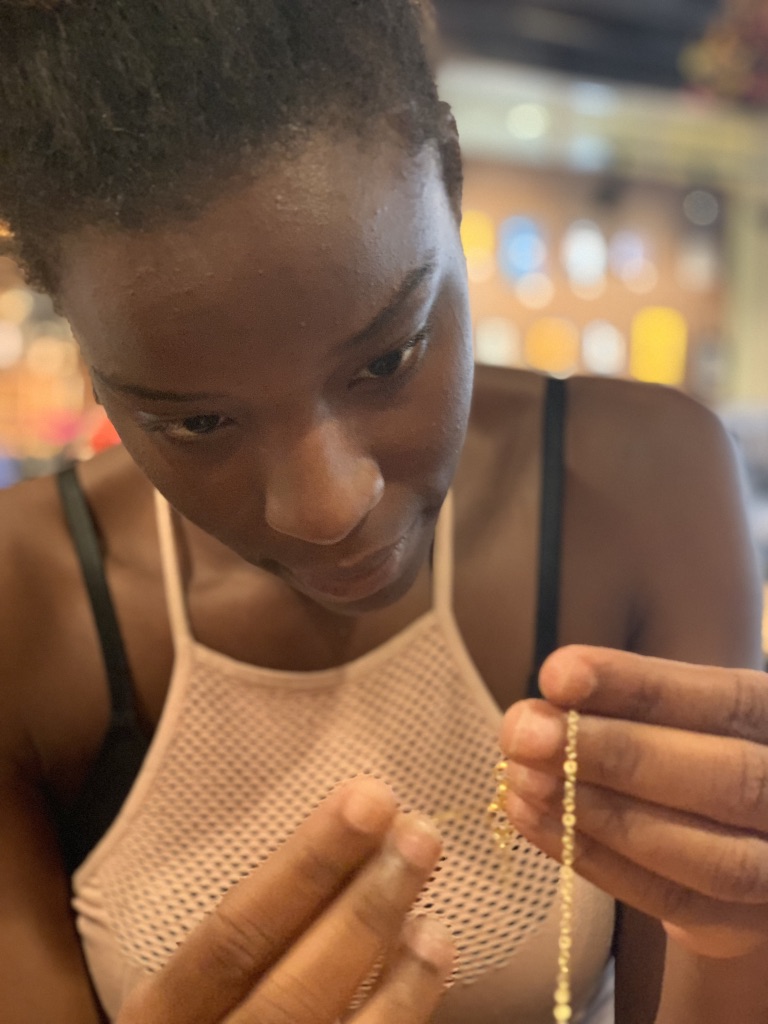
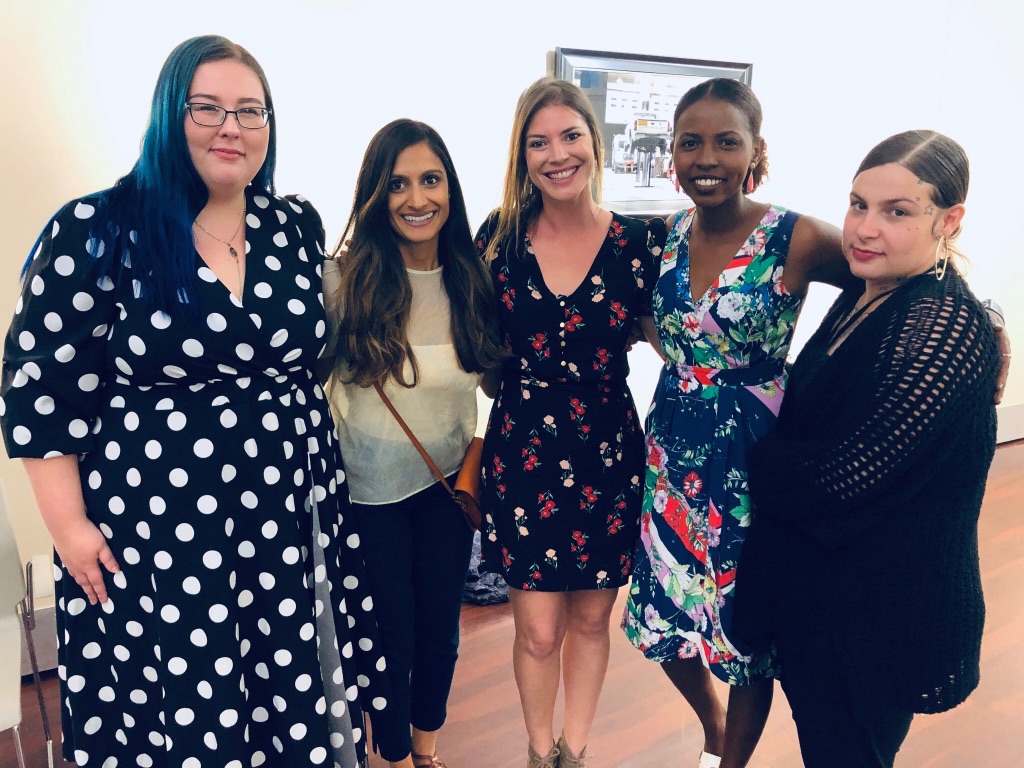
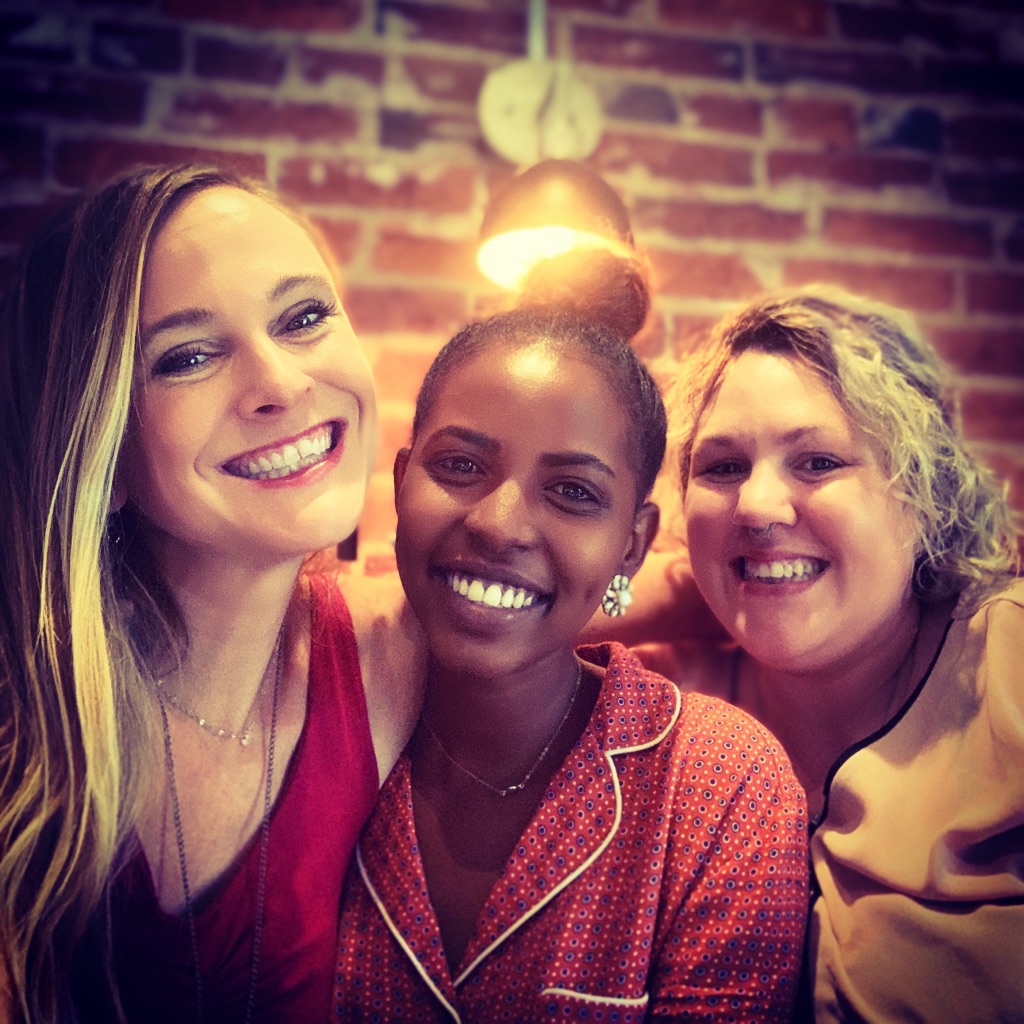
Believing in a whole justice approach, Karana Rising advances survivor-led efforts to prevent survivor arrest and incarceration while promoting healing and restoration for a lifetime. Karana Rising supports survivors for life, not just a season, customizing a path to justice and healing that involves body, mind, soul, and community.
ISSUES WE ADDRESS
Human trafficking survivors around the country are routinely arrested and incarcerated as a result of their own exploitation. This injustice leads to further trauma. Survivors deserve healing and protection.
Survivors of human trafficking experience high rates of poverty, homelessness, life in foster care and early involvement in the juvenile justice system, abandonment by one or both parents and prior sexual abuse. These vulnerabilities are the root causes that often lead to human trafficking, a crime that disproportionately impacts young people of color, in particular those living in poverty.
In the United States, the majority of victims of sex trafficking are young women and men of color. For example, in Los Angeles County, 92% of girls in the juvenile justice system who were victims of trafficking were black and 84% were from impoverished communities. In Louisiana, Black girls accounted for nearly 49% of trafficked youth while only 19% of Louisiana youth are black. Finally, in the nation’s capital, 100% of trafficked youth identified by the juvenile justice system in 2017 were black girls while only 49% of the DC population is black. This mirrors the experiences of the Karana Rising team where clients served have been 92% black women and girls and more than half have been involved with the juvenile or adult justice systems prior to being identified as victims of trafficking.
Poverty, a root cause of all forms of human trafficking, is also a commonality of almost every survivor of human trafficking and more than 70% of trafficked youth have been placed in the foster care system prior or during their trafficking and exploitation. Finally, prior sexual abuse and maltreatment are core root causes of trafficking that most survivors of human trafficking face prior to their trafficking.
How We Meet Survivors
Customized Support Options for Individuals
Creating A Survivor Community, One Survivor at A Time
Ashley Lowe spent five years in jail following the arrest of her trafficker when she was 13 years old. After years of struggle and homelessness, Ashley is now a 26-year-old mom, student, and Advocacy Lab Leader at Karana Rising.
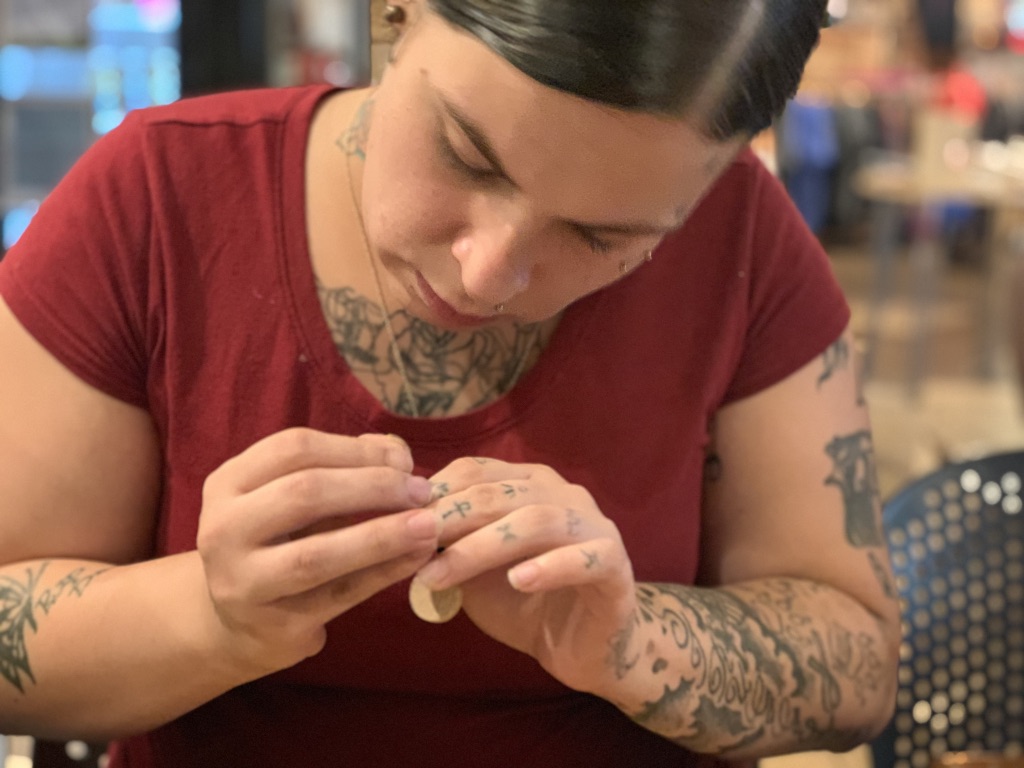
Ashley Lowe
"
Advocacy lab leader // survivor
Ashley Lowe
When people used to ask me where I saw myself in five years, I used to say, ‘I don’t.’ Now I see my purpose. I survived so others could be healed too.
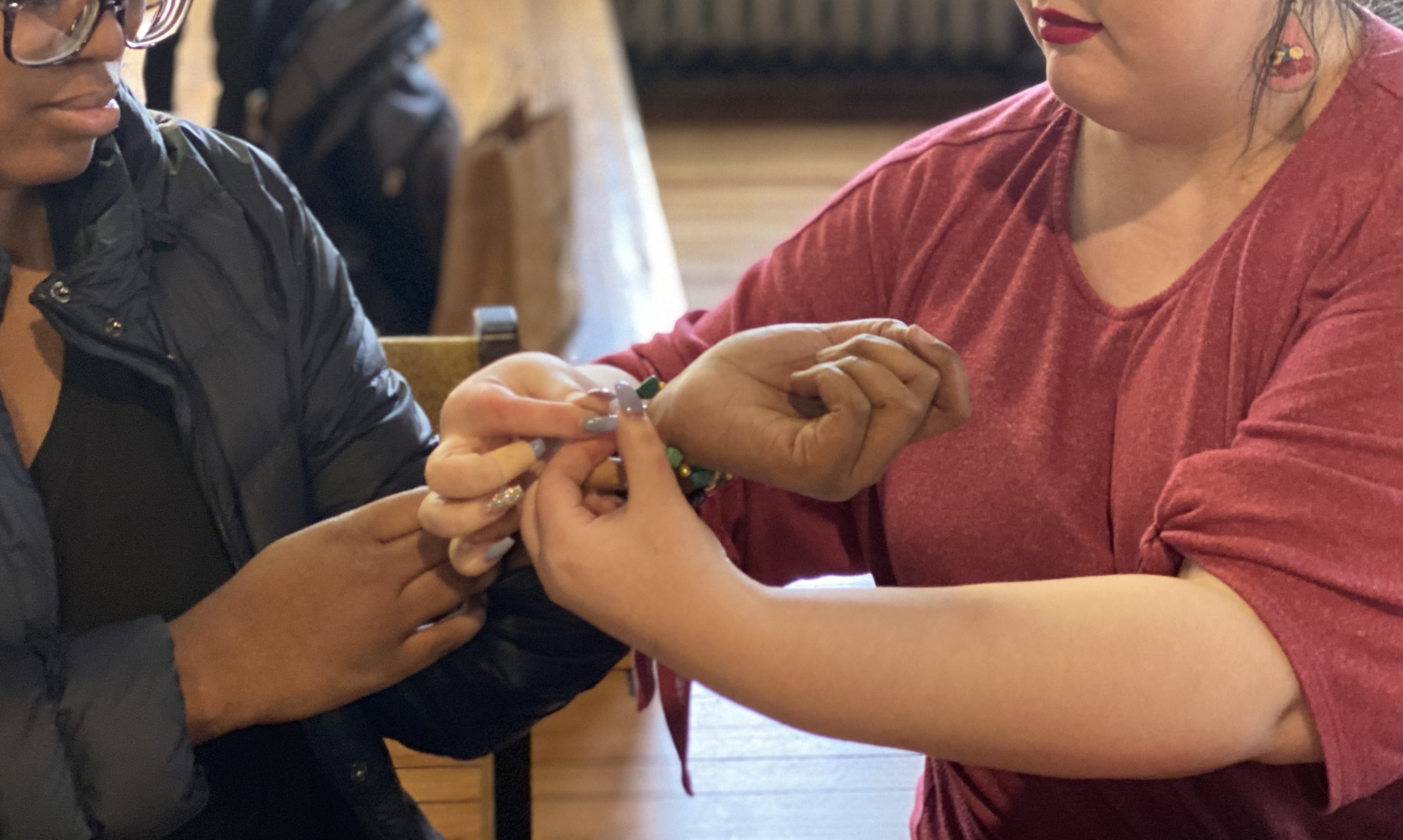
She is now working alongside Tiffany Simpson, a young woman who was arrested and sentenced to 30 years in prison after her trafficker exploited another teen girl. In 2012, Tiffany wrote a letter from jail to the executive director, Andrea, asking, “Am I am victim of sex trafficking or a prostitute?” That brave letter began a journey that neither anticipated. Now, Karana Rising advocates for her freedom. This year, Ashley and Tiffany are creating survivor support groups for women in prison who have experienced exploitation themselves. Despite her incarceration, Tiffany has begun to mentor other young survivors, through letters, who were unjustly arrested like her.
RISING TO MEET SURVIVORS
The devastating setbacks produced by 2020 caused many survivors across the U.S. to lose their jobs and/or housing, leaving them vulnerable to trafficking and exploitation once again. New survivors emerging out of their trafficking situation struggle to be connected to the care they need now more than ever before. Thus, we want to deepen our commitment to survivors beyond our crisis response work. We recognized that we have the team and lived-experience to help them heal and transform into the person they want to become.


